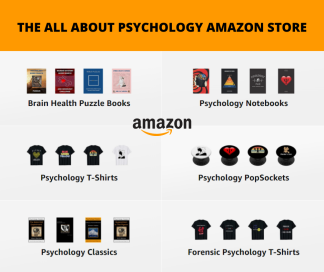Books for psychology students and curious minds
Role Play Scenario or Situation Creation
by Terminus Ad Quem
How do you come up with scenarios or situations to role play? I've been asking people about it, but their suggestions seemed empty. Like one advised me to do "what ifs" which actually requires that you have already come up with the scenario or situation for you to even engage in that what-if thinking. Another told me to use my imagination to create scenarios like handling a conflict, etc. which is basically saying, 'just create it'. They are thinking that to 'act' creating the scenario or situation is a step to come up with one, but it's actually the goal that I am trying to achieve. There must be prior actions or steps (underlying or mental sub-processes) leading to that act or creation.
Comments for Role Play Scenario or Situation Creation
|
||
|
||


